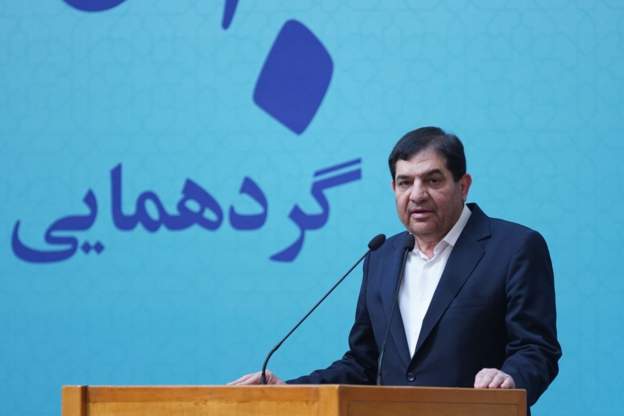ARTICLE AD
The constitution of the Islamic Republic has a straightforward remedy for instances where a president is incapable of executing his duties due to illness, death or impeachment and removal by parliament.
It tasks the vice-president – in this case, Mohammad Mokhber – to run the affairs of the country and jointly with the heads of parliament and the judiciary oversee an election for a new president within a maximum of 50 days.

This would only happen with the confirmation of the supreme leader, who has the final say in all matters of state in Iran.
With state media confirming that President Ebrahim Raisi has died, the regime in Iran will move to hold such an election – one that is unlikely to gather any more interest among the public than the last one did.
Last time around, all serious challengers to Raisi were barred from running, clearing the path for him to enter office with the lowest number of voters (around 30% of eligible voters), while the majority boycotted what they saw as a fixed election.

 (2).png) 6 months ago
35
6 months ago
35 

